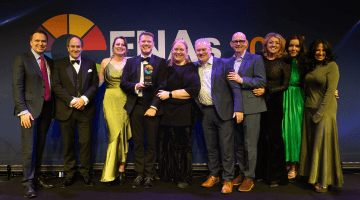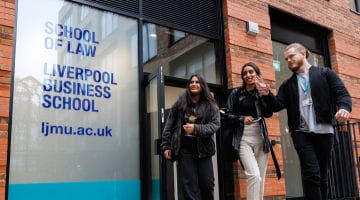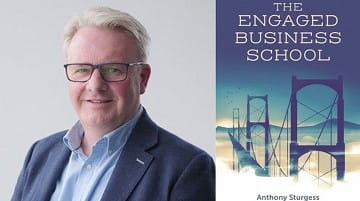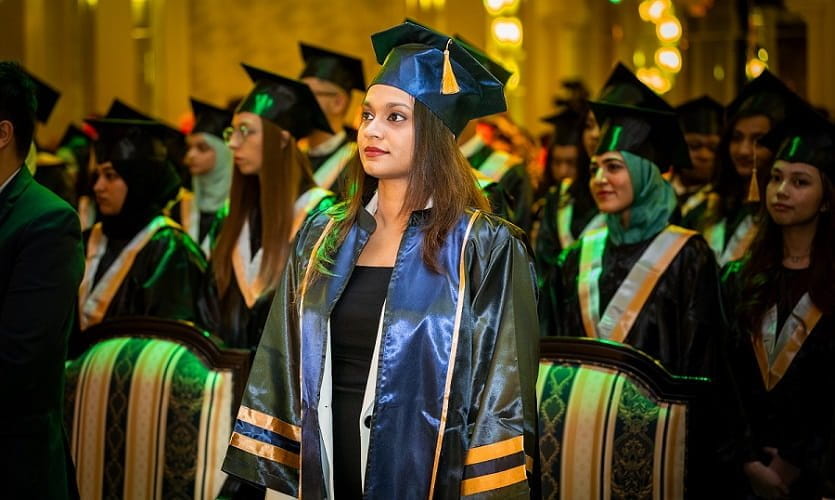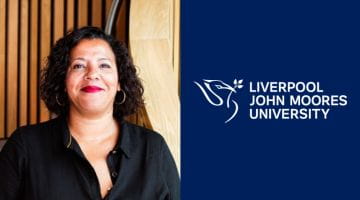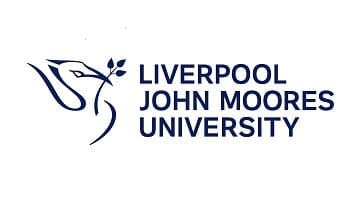About this course
LJMU's Leadership and Management programme supports career progression for managers or those with ambitions to take up a management role.
- Specialist routes in Leadership or Organisational development to focus on areas of interest
- Designed with the Chartered Management Institute (CMI) to meet employer training needs for leaders
- Taught by academics who are respected experts, academics, consultants and business practitioners with strong business links
- Offers an alternative leadership and management development programme to the MBA, focusing on practice rather than function
- Ideal for strategic leaders or middle managers looking to improve results or advance in their career
- Specialist options allow you to focus on areas of particular relevance to your role or organisation
- Course content has a real world focus and is based on current practice
The programme is personalised to individuals and customised for businesses so that they can apply the necessary management practices to ensure that:
- students make an immediate impact in their job
- skills are practiced and knowledge applied
- time away from work is kept to a minimum with learning happening in the workplace
Liverpool Business School at Liverpool John Moores University is a member of AACSB International — The Association to Advance Collegiate Schools of Business.
AACSB International is a global association of leaders in education and business dedicated to supporting and advancing quality business education worldwide. Through membership, accreditation, research, thought leadership, professional development, and advocacy, AACSB partners with over 1,500 organizations, from more than 90 countries globally. Membership or participation in the Global Education Alliance does not imply accreditation.
Course modules
Discover the building blocks of your programme
In order to gain the PgCert, all core modules must be completed. If modules from one of the specialist pathways are completed along with the core modules the PgDip can be obtained. To gain the MSc, the business consultancy module must be completed along with the core modules and the chosen pathway modules.
We offer two sector specific pathways so that you can tailor the course to your specific professional learning requirements. The pathways offered are Leadership and Organisational Development. Please note that the specific option modules relating to each pathway are detailed in the option module list below.
Further guidance on modules
Modules are designated core or optional in accordance with professional body requirements, as applicable, and LJMU’s Academic Framework Regulations. Whilst you are required to study core modules, optional modules provide you with an element of choice. Their availability may vary and will be subject to meeting minimum student numbers.
Where changes to modules are necessary these will be communicated as appropriate.
Core modules
Your Learning Experience
An insight into teaching on your course
Study hours
Apart from the consultancy project, each taught module will consist of three full day face to face sessions per 10 credits. For example, Leadership and Leader Development (20 credits) will be taught across six days. In addition to the taught elements, students will spend time preparing for the session and will also engage in follow up activities. An example is shown below:
Leadership and Leader Development (7200LODMS)
Credits: 20
Total learning hours: 200
Taught element: 48 hours
Private study: 152 hours
The private study element comprises of independent research, further reading, preparation for taught sessions, follow-up activities and assignment preparation and write-up.
Teaching methods
Each module comprises of a number of workshops relating to the credit tariff. This programme uses a flipped learning approach; students will be sent resources via our virtual learning environment (VLE) in advance of the session in order to be able to discuss key themes and concepts alongside their peers. The VLE is also used as a key communication tool in between sessions and follow up reading and activities are shared.
Teaching follows a seminar model and shared learning and peer learning is strongly advocated. We promote the use of Action Learning Sets in order to provide ongoing peer support throughout the programme and beyond.
As this is a Level 7 course we encourage criticality and provide students with key texts for further discussion in sessions. We critically examine case studies, look at examples of successes and challenges within the real world and engage in simulation activities. We use a variety of tools to encourage self reflection.
Applied Learning
All aspects of this programme aim to blend theory with practice. This is a theme which runs through all modules. The final module of the programme is a Consultancy Project. This is a 60 credit module and is the culmination of two years of study. The project is focused on a'real' issue or theme from the workplace. The Applied Business Research module lays the foundation for this extended piece of independent research.
How learning is monitored on your programme
To cater for the wide-ranging content of our courses and the varied learning preferences of our students, we offer a range of assessment methods on each programme.
The assessment approaches vary from module to module. All assessments incorporate a blend of theory and practice. Assessments may comprise of individual presentations, group presentations, academic reports, critical evaluations of literature, project reports, simulations and portfolios. The structure and length of assessments directly relate to the credit tariff of each individual module.
Where you will study
The School is based in the Redmonds Building, in the heart of the bustling Mount Pleasant Campus and Liverpool's growing Knowledge Quarter. The building is home to high quality lecture theatres and seminar rooms, social spaces, and a café. It is only a short walk from LJMU's Aldham Robarts Library, which contains all the resources you will require for your studies, and is open seven days a week.
Liverpool Business School also has a dedicated Management Development Suite, based in a listed building in the historic Georgian Quarter of Liverpool and a short walk from the Redmonds Building. The building has recently undergone £1.2 million investment to provide a professional learning space.
Career paths
Further your career prospects
LJMU has an excellent employability record with 96% (HESA 2018) of our postgraduates in work or further study six months after graduation. Our applied learning techniques and strong industry connections ensure our students are fully prepared for the workplace on graduation and understand how to apply their knowledge in a real world context.
On graduation you can expect to see a marked improvement in day-to-day performance, confidence, decision-making and idea generation as you start to apply your learning to the workplace. This will all contribute towards wider business improvement.
It is expected that course graduates will have an improved career trajectory and be able to move more quickly and with confidence up the career ladder.
Another benefit of studying for your MSc or PgCert at the Liverpool Business School is the network it enables you to join. This enables alumni and staff to continue building meaningful, long-term relationships beyond the classroom.
Tuition fees and funding
Fees
The fees quoted above cover registration, tuition, supervision, assessment and examinations as well as library membership and student IT support with access to printed, multimedia and digital resources including programme-appropriate software and on campus wifi.
Financial Support
There are many ways to fund postgraduate study for home and international students. From loans to International Scholarships and subject-specific funding, you’ll find all of the information you need on our specialist postgraduate funding pages. The University offers a range of financial support for students. You'll find all the information you need on our specialist financial support pages including details of the Student Support Fund and other activities to support with the cost of living.
Additional Costs
In addition to fees, students should also keep in mind the cost of:
- Accommodation
- Travel costs and field trips unless paid for by LJMU
- Stationery, IT equipment, professional body membership and graduation gown hire
Entry requirements
You will need:
Qualification requirements
How to apply
Securing your place at LJMU
To apply for this programme, you are required to complete an LJMU Degree Apprenticeship form. You will need to provide details of previous qualifications and a personal statement outlining why you wish to study this programme.
Your university life
From accommodation and academic support to clubs and societies. Find out what LJMU has to offer.
Related Links
Talk to our students
Connect with a current LJMU student for advice and guidance on university life, courses and more.
See what our students are saying
At LJMU we want you to know you’re making the right choice by studying with us. You can see what our students are saying about their experience with us through their reviews on the following websites:
Related Links
News and views
Browse through the latest news and stories from the university
The University reserves the right to withdraw or make alterations to a course and facilities if necessary; this may be because such changes are deemed to be beneficial to students, are minor in nature and unlikely to impact negatively upon students or become necessary due to circumstances beyond the control of the University. Where this does happen, the University operates a policy of consultation, advice and support to all enrolled students affected by the proposed change to their course or module.


















